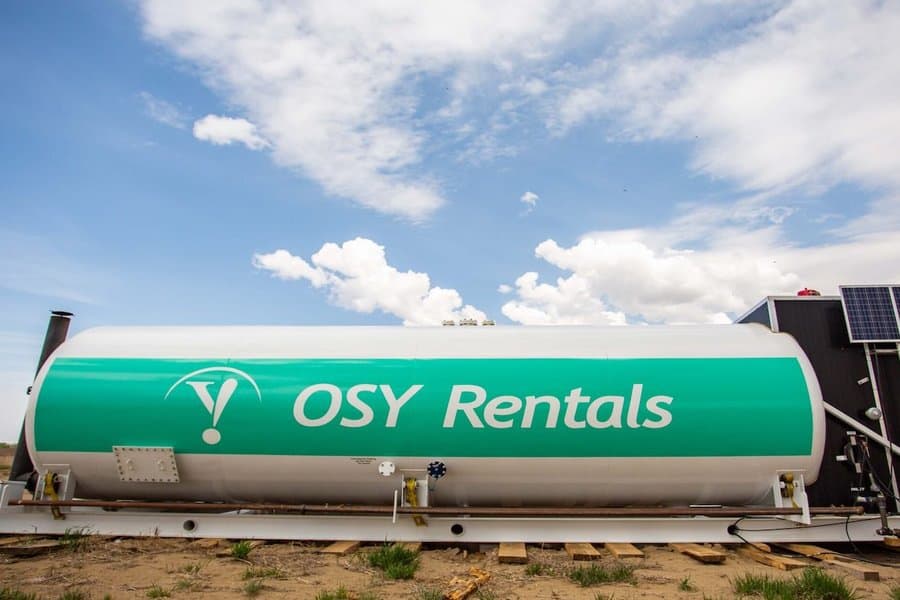The oil and gas industry faces increasing scrutiny regarding its environmental impact, particularly concerning fugitive emissions—unintentional leaks of gases during production, processing, and storage. These emissions contribute significantly to air pollution and climate change, making it imperative for companies to adopt effective measures to mitigate their environmental footprint. Vapor-tight systems have emerged as a critical solution in this endeavor, playing a vital role in reducing fugitive emissions.
Understanding Fugitive Emissions
Fugitive emissions primarily consist of volatile organic compounds (VOCs) and greenhouse gases (GHGs) that escape into the atmosphere from various sources, including storage tanks, pipelines, and processing facilities. These emissions can occur due to equipment leaks, evaporation from open surfaces, and venting during normal operations. Given that the oil and gas sector is a major contributor to these emissions, implementing robust control measures is essential for compliance with environmental regulations and for enhancing corporate sustainability efforts.
What Are Vapor-Tight Systems?
Vapor-tight systems are engineered solutions designed to contain vapors and prevent their escape into the atmosphere. These systems typically include vapor-tight tanks, separators, flare stacks, and associated piping that work together to manage the storage and handling of volatile liquids effectively.
Benefits of Vapor-Tight Systems in Reducing Emissions
- Minimization of VOC Releases: Vapor-tight systems significantly reduce the release of VOCs by capturing vapors at the source. This not only helps in complying with stringent environmental regulations but also mitigates the potential health risks associated with air pollution.
- Enhanced Safety: By preventing the accumulation of flammable vapors in work areas, vapor-tight systems enhance workplace safety. This is particularly important in oil and gas facilities where explosive atmospheres can pose significant risks.
- Improved Operational Efficiency: The implementation of vapor-tight systems can lead to improved operational efficiency by reducing product losses due to evaporation. This translates into cost savings for companies while also supporting sustainability goals.
- Compliance with Regulations: As governments worldwide tighten regulations on emissions, vapor-tight systems provide a proactive approach for companies to meet compliance requirements. For instance, Canada’s proposed regulations aim for a 35% reduction in GHG emissions from oil and gas production by 2030-2032. Vapor-tight systems can be integral to achieving these targets.
- Contribution to Climate Goals: By effectively reducing fugitive emissions, vapor-tight systems contribute significantly to global climate goals. They help lower the overall carbon footprint of oil and gas operations, making them more competitive in an increasingly environmentally conscious market.
OSY RENTALS offers the best vapour-tight tank rental solutions in Calgary, Alberta, Saskatchewan and Western Canada.
Vapor-tight systems represent a crucial advancement in the oil and gas industry’s efforts to reduce fugitive emissions. By containing vapors and preventing their release into the atmosphere, these systems not only enhance operational efficiency but also play a vital role in protecting public health and the environment. As regulatory pressures increase and societal expectations evolve, investing in vapor-tight technology will be good for companies aiming to maintain their social license to operate while contributing positively to global climate initiatives.


